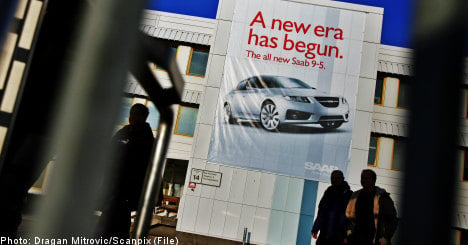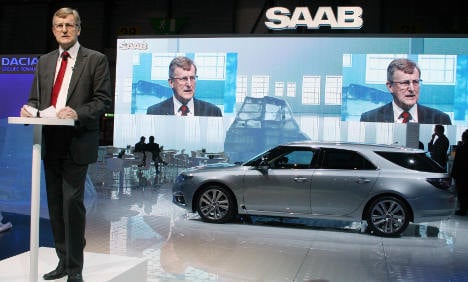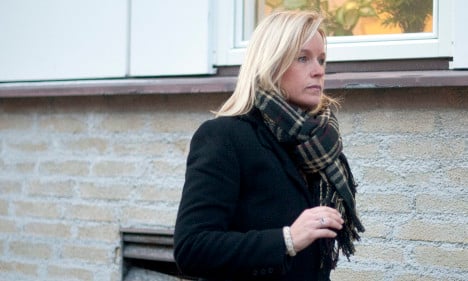“The property sale has been approved,”Pär Isaksson, press officer for the Nordic and Baltic states at EIB, confirmed to news agency TT.
Last week Saab’s parent company Swedish Automobile signed an agreement to sell 50.1 percent of the shares in its property arm for 255 million kronor ($40 million), providing much needed cash for the crisis-hit Swedish car maker.
The buyer of the property is Hemfosa Fastigheter, a Swedish property consortium, according to a company statement from last week.
Earlier on Monday Swedish Automobile (formerly Spyker) and Saab Automobile announced the signing of final agreements with Pang Da Automobile and Youngman securing €245 million to the cash strapped carmaker.
However, the deal, which is opening for investment by Russian financier Vladimir Antonov, must also be approved by authorities for the deal to go through.
Three new vehicle lines will also be developed by Youngman; Saab 9-1, Saab 9-6 and Saab 9-7.
According to Saab CEO Victor Muller, the deal provides an opportunity to develop models that were not envisaged nor funded in the original business plan, like the 9-1, which is to be a small car for first-time buyers.
“A car that has long been on the top of our wish list,” Muller said in a statement on Monday.
Pang Qingnian, CEO of Youngman, said that the deal merges the “best of both worlds” when merging the “industrial and financial strength of Youngman Passenger Car with the state-of-the-art technical expertise of Saab Automobile.”
“We were already impressed with Saab’s current and planned product portfolio to date and with the addition of three new Saab models, the brand will be even better positioned to meet demand in markets around the world and China in particular,” said Pang Qinghua, CEO of Pang Da in a statement.
In Sweden it is now the National Debt Office (Riksgälden) that has to approve the Chinese deal, as well as the real estate sale to the Hemfosa property consortium, approved by EIB on Monday.
On Monday, the head of the information department at the National Debt Office, Unni Jerndal, couldn’t say when an answer can be expected.
Saab employees returned to work again on Monday to get an update on the situation.
According to the head of information at Saab, Eric Geers, the hope is that production lines will start rolling again next week.




 Please whitelist us to continue reading.
Please whitelist us to continue reading.
Member comments